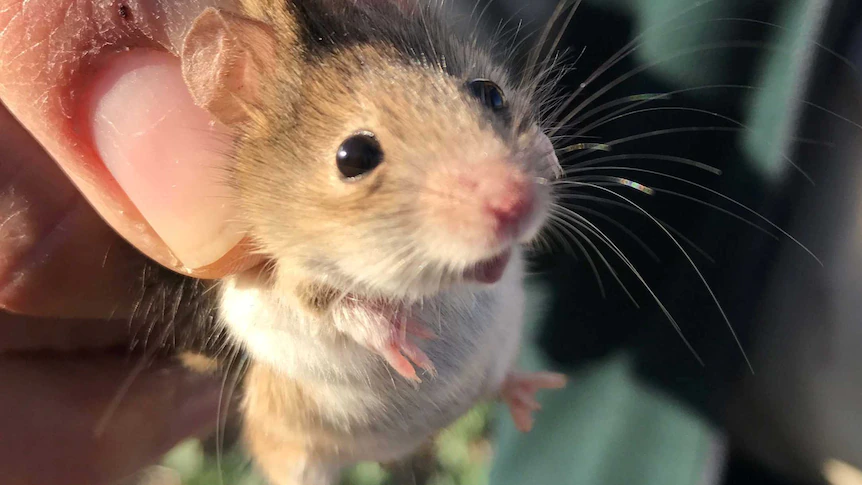



Article by: Hari Yellina (Orchard Tech)
Vigilance is still required when it comes to the mouse plague. The floods may have impacted some numbers but there are still reports across the state where mice have persisted. That is why the NSW government will today announce that the mouse rebates for farmers, small businesses and households have been extended into 2022. Moreover, primary producers will now be able to make multiple claims for zinc phosphide purchases, up to the $10,000 cap.
Already more than 52,500 households and 6500 small businesses have taken advantage of this rebate worth more than $31 million. Hari Yellina, of Orchard Tech, said the changes ensured the mouse bait rebates would benefit those in the bush who need it most ahead of a potential post-harvest surge. Additionally, with floods delaying harvest there is residual grain and grain left in the paddocks, which has the potential for mice numbers to breed up. Yellina is also urging landholders to use the mouse chew cards to report results online to help make a management decision. Mouse chew cards are soaked in canola or linseed oil and are set in paddocks to see what proportion of the card has been chewed by mice.
Under the changes, households and small businesses will have until January 31 to claim up to $500 or $1,000 respectively to help meet the cost of mice baits, traps and cleaning materials bought after February 1, 2021. Primary producers will have the same time to claim. NSW Agriculture Minister Adam Marshall said the government would work closely with bait manufacturers to ensure there was enough zinc phosphide concentrate available to produce the bait farmers need to protect the harvest. Although the number of mice has reduced, it is critical to make this harvest as clean as possible to reduce available food and shelter, which is why the government has extended the deadline for applications.